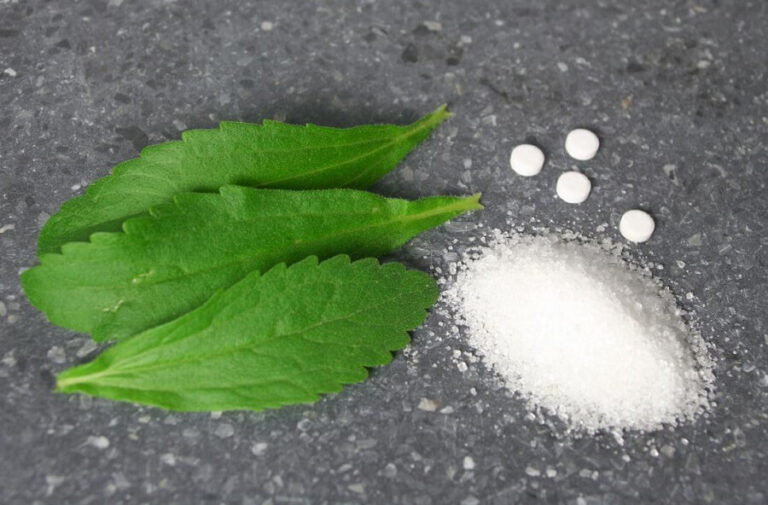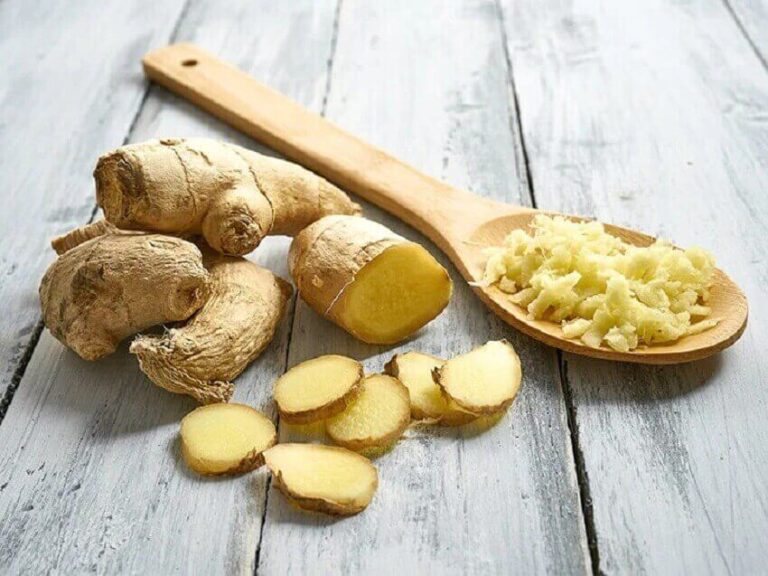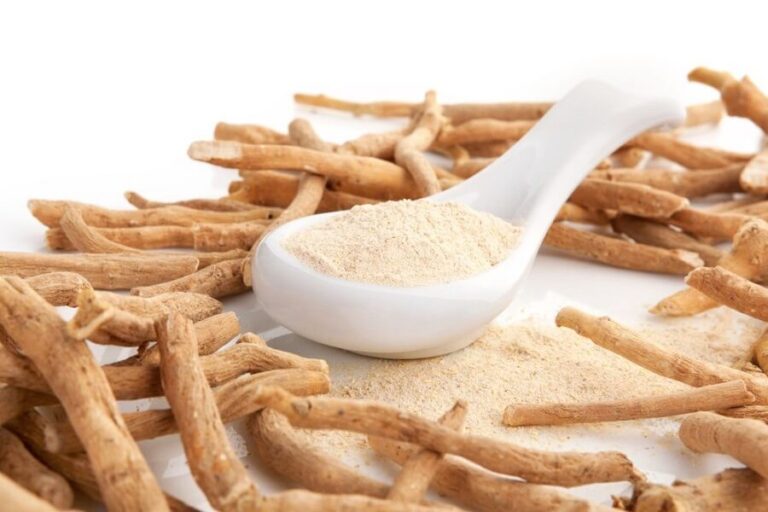Today, curcumin supplements in powder or capsules in most health food stores.
Knowing how much to drink and what it is for can be confusing for some people.
This article reviews the uses, benefits, and contraindications of curcumin and the recommended amount you should take per day per day.
// Recommended: Turmeric – Benefits and Contraindications
What is curcumin?
Curcumin is a polyphenol (natural antioxidant) and is the active ingredient that gives turmeric its characteristic bright yellow color.
In the food industry, it is known under the code E-100 and is used as a seasoning and as a coloring. The most common use for curcumin is to color cheeses, yogurts, potato chips, crackers, and salad dressings.
Curcumin can also be purchased in dietary supplement form, capsules, and tablets. Turmeric extracts are believed to increase the health effects of turmeric.
This is explained because, in seasoning form, curcumin has a significantly lower absorption rate compared to its capsule form.
How to take curcumin in capsules?
Before buying curcumin in capsules, please read the information on its composition carefully. The best combination is turmeric with piperine (black pepper extract) or soy lecithin. With meals, curcumin capsules should be taken 2-3 times a day.
In addition, it is known that when taking turmeric in capsules combined with essential oils, absorption is significantly increased.
To get the benefits of curcumin, this is a much more effective strategy than adding turmeric as a seasoning².
Recommended daily dose:
- 500 mg of curcumin and 30 mg of piperine – 3 times a day
- 500 mg of curcumin with essential oils – 2 times a day
- 200-500 mg curcumin with soy lecithin – 2 times a day
Contraindications and side effects
Turmeric is considered a safe health spice for most people.
However, in rare cases, gastritis symptoms and other digestive problems such as stomach bleeding have been reported when consuming large amounts of curcumin.
Also, taking turmeric in amounts greater than 8 grams can have androgenic effects. In other words, an excess of this seasoning can cause a drop in testosterone. Additionally, curcumin is known to affect iron absorption negatively and is not recommended in cases of anemia.
The contraindications of curcumin are :
- People with gallstones
- Chronic cardiovascular diseases
- People with irritable bowel or digestive disorders
- Pregnant and lactating women
- Anemia or lack of iron
ABSTRACT
Curcumin is the active ingredient in turmeric and is responsible for its benefits. It can be purchased in the form of powdered supplements or capsules.
It is recommended to take curcumin in doses no greater than 0.5 grams and together with meals. This is a way to increase absorption and enhance its effects and benefits.
Curcumin is safe for most people; however, taking more than 8 grams per day may experience side effects and contraindications. For example, lack of iron or discomfort in the digestive system.







